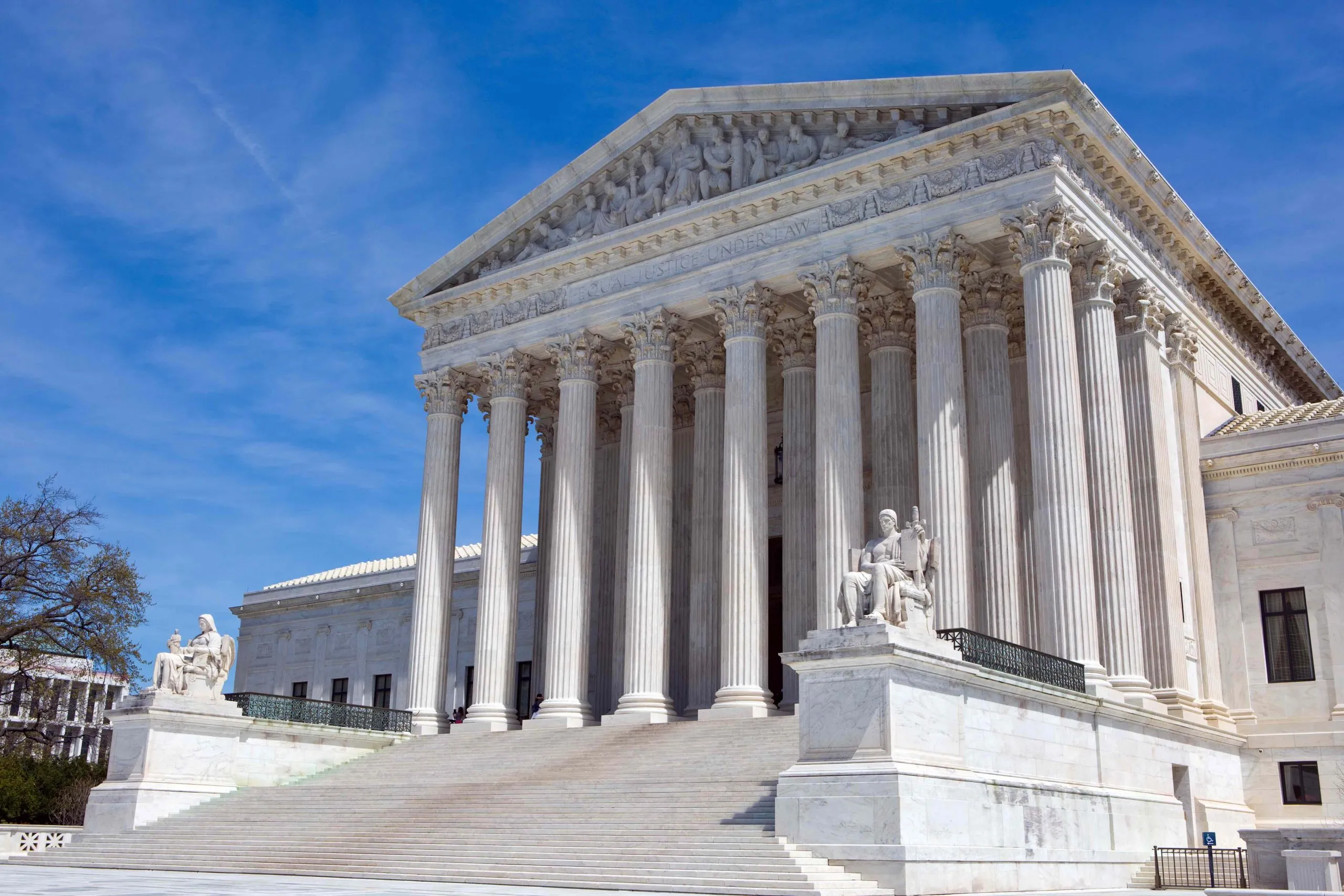ARGUMENT ANALYSIS
Justices debate propriety of litigation in trial courts while defendants are on appeal seeking arbitration

on Mar 22, 2023 at 3:59 pm

If anything is clear after Tuesday’s argument in Coinbase v. Bielski, it is that the justices are not going to agree on the answer. The case asks what a trial court should do if it denies a defendant’s motion for arbitration. The Federal Arbitration Act gives the defendant the right to an immediate (“interlocutory”) appeal, but it says nothing about a stay of litigation in the district court. So in these cases (proposed class actions against Coinbase, a large cryptocurrency exchange), the federal district courts in California have both been proceeding with pretrial litigation for more than a year while the court of appeals considers Coinbase’s argument that its pre-dispute arbitration agreement makes it exempt from litigation.
For one group of justices (including Justices Sonia Sotomayor and Ketanji Brown Jackson), this is an easy case for the customers (individuals who had accounts at Coinbase). Two points were central for them. First, one section of the Federal Arbitration Act (Section 6) explicitly obligates the district court to grant a stay when it orders arbitration. The provision at issue here (Section 16, which allows immediate appeals from orders denying arbitration) does not include such a provision. For Jackson, that was “problematic,” because “we would expect to see that same kind of language with respect to this interlocutory appeal if that’s what Congress intended.” Indeed, she found the argument of Neal Katyal, representing Coinbase, perverse because he argued that Congress needed to call explicitly for a stay to protect the right of arbitration “when you definitely get arbitration but they don’t have to say it when we don’t know whether or not you get arbitration.”
Sotomayor took much the same view, emphasizing the traditional discretionary standards district court judges apply to decide whether a stay is appropriate. She pointed to a section of the Federal Arbitration Act calling for “any application [to] be heard in the manner provided by law for the making and hearing of motions,” and then declared it “an easy case” for her. She explained: “I follow the Federal Rules of Civil Procedure and the statute that tells me to look there.” Under those rules, the defendant’s right to a stay would be discretionary.
Although not as dogmatic about the matter, Justice Elena Kagan also seemed firmly on the side of the customers. She noted that the rule of Griggs v. Provident Consumer Discount Co., a 1982 Supreme Court case on which Katyal and Coinbase rely, is a “judge-made” rule, and “that we usually try to keep our judge-made rules narrow to deal with only the situations which really cry out for them.” For her, the key to Griggs is when the trial court is “doing the same thing that the appellate court was doing and so was stepping on the appellate court every move it made. That is not the situation here.”
On the other hand, some of the justices seem just as clearly inclined to support Coinbase. The most detailed exposition of that position came from Justice Brett Kavanaugh, who emphasized the view that pretrial litigation in a class-action setting can have a “coercive” pressure on defendants toward settlement. As he explained, defendants “think they correctly bargained for arbitration and they have a right that Congress has given them to have the appellate court determine that and that [they’ll lose that right] because, if the district court discovery goes forward in a … class action context, that is going to coerce massive settlements.” Kavanaugh repeatedly underscored his agreement with that perspective, which he described as “realistic.”
Even more tellingly, Kavanaugh then engaged in a long interchange – more with Kagan than with Hassan Zavareei, counsel for the customers – about the extent to which a swift appellate process could solve the problems that concern both sides (delay for the plaintiffs and settlement pressure for the defendants). For Kagan, a swift appellate process limited the harm to whichever side loses, so she did not find that a particularly relevant avenue to pursue. Kavanaugh, though, suggested that “if appeals courts move quickly” it would provide a complete “solution to [the customers’] problem,” but little or no solution to the defendant’s concern. Kavanaugh seems to be a solid vote for Coinbase.
Nor is there any reason to think he would be alone. Justice Samuel Alito, for example, was preoccupied with the idea that under the customers’ rule, defendants almost never would get a stay pending appeal. Alito repeatedly noted that the main harm to defendants is the costs of pretrial litigation and discovery, and that the courts routinely hold that purely financial costs like those are not the kind of irreparable harm that would justify a stay.
In a similar vein, Justice Neil Gorsuch emphasized the idea that the “one-court-at-a-time rule … is pretty ancient and goes back to the common law.” Although he was not as explicit in his views as Kavanaugh and Alito, his comments strongly suggested that it would make no sense to allow a trial court to move forward with litigation while an appellate court considered the plaintiff’s obligation to stop the trial and go to arbitration.
The need to craft opinions seems unlikely to resolve the stark differences apparent from Tuesday’s argument. So I would be surprised to see a decision in this case any time in the next two months.


